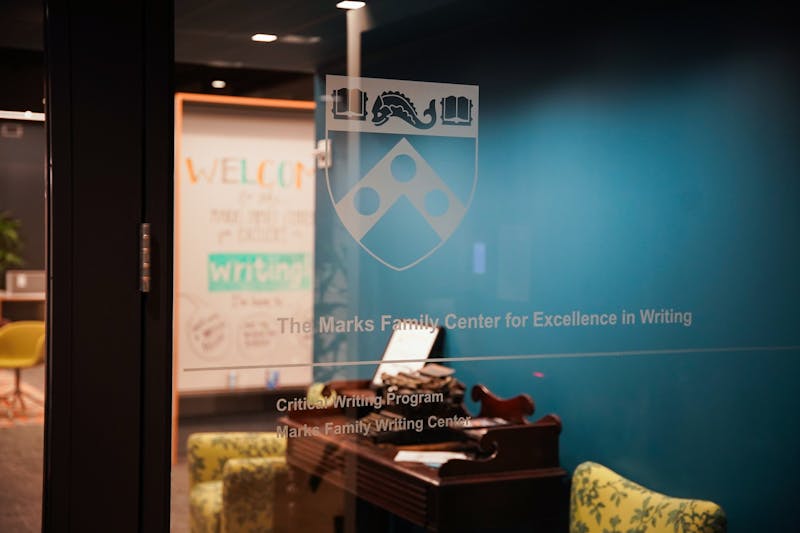Hoping to increase understanding of the Islamic religion, Message magazine editor-in-chief Kahlid Griggs discussed the life of Malcolm X and Islam's historical roots in the United States last night during a speech in the Towne Building. As part of Islam Awareness Week, Griggs, whose magazine focuses on issues affecting American Muslims, also spoke about the little-known history of black Muslims in this country. Muslim Students' Association President Hassan Chowdhry said his organization plans the annual series of events "to basically educate non-Muslims on campus about Islam." The Wharton and Engineering junior added that "since there are a lot of stereotypes out there, we target [these] issues." According to Griggs, who also serves as the Imam -- the Muslim equivalent of a priest or rabbi -- of the Community Mosque of Winston-Salem, N.C., the history of black Muslims began in the 11th and 12th centuries. At the time, West African ocean navigators, including a king of the Muslim empire of Mali, sailed to the northeastern part of South America and the Caribbean. "The first black Muslims [came] not as slaves, but adventurers," he said to about 25 students and Nation of Islam members in the Towne Building's Alumni Hall. Griggs said the "second wave" of black Muslims to the West was overlooked in the history of slavery until Alex Haley's novel Roots and the corresponding TV miniseries appeared nearly twenty years ago. Through these works, Griggs said Americans "got a clue that Islam in this country predated anything they could have imagined." After addressing two stories of specific slaves who maintained devotion to their religion throughout their lives, Griggs focused on Malcolm X, who he often called El-Hajj Malik El-Shabazz. Griggs described him as a "critical figure in understanding Islam" in the United States and said much of his significance has come from his role as a bridge that "reconnected a history in this country." Malcolm X accomplished this role when he converted from the beliefs of the Nation of Islam to the same religion as those slaves who had kept their faith -- the traditional Islam associated with the messenger of Allah, Muhammad. Griggs added that one of Malcolm X's most important characteristics was that "he was never too big to say [he] was wrong." Griggs concluded the lecture, entitled "Malcolm X: Islam, an American Experience," with a question-and-answer period, which included discussion with the Nation of Islam members in the audience. After the event, Wharton junior Ahmar Ahmad said that Griggs' historical information "got me thinking about some things I've never thought about before." Wharton sophomore Saquib Toor said he respected Malcolm X's initiative to change his views. "In the end he tried to undo what he'd done," Toor said. Ahmad added that he identifies Malcolm X "more with Islam" than with the Nation of Islam. "That's why I admire him," he said. MSA board member Saddaf Chaudhry, a College freshman, said that Muslims "believe in total equality. Nothing differentiates us in the eyes of God except our actions." "One of our main goals [of the week] is to try to correct any misconceptions people have about Islam," she said.
The Daily Pennsylvanian is an independent, student-run newspaper. Please consider making a donation to support the coverage that shapes the University. Your generosity ensures a future of strong journalism at Penn.
DonatePlease note All comments are eligible for publication in The Daily Pennsylvanian.








